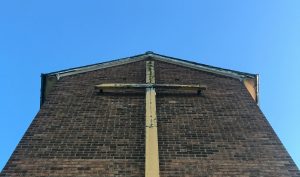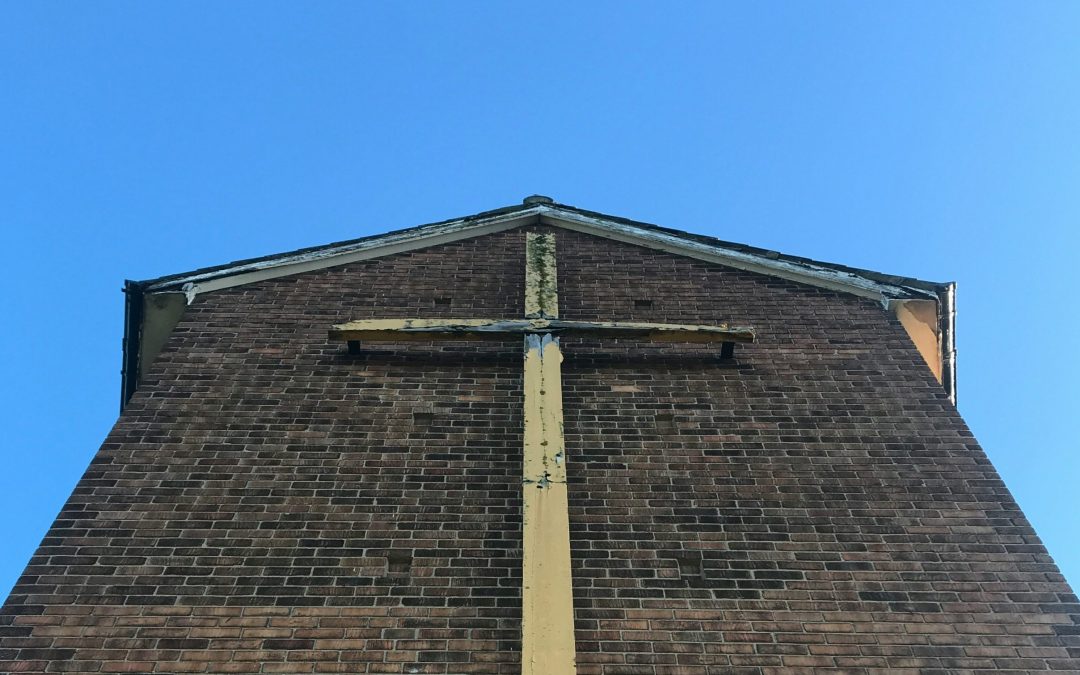 What does it mean for our churches to be Beacons of Hope in our communities? This was one of the questions that emerged from the East Leeds Gathers Soup lunch earlier this month. As part of the day, we heard the origin stories of two churches in East Leeds, of the signs of hope and new life that are being seen in those communities today as they discover the joys of working in partnership with others to serve those in need in their communities. These stories reminded me of Chris Baker’s Hook Lecture in 2022 on the important role churches play when working in partnership with others.
What does it mean for our churches to be Beacons of Hope in our communities? This was one of the questions that emerged from the East Leeds Gathers Soup lunch earlier this month. As part of the day, we heard the origin stories of two churches in East Leeds, of the signs of hope and new life that are being seen in those communities today as they discover the joys of working in partnership with others to serve those in need in their communities. These stories reminded me of Chris Baker’s Hook Lecture in 2022 on the important role churches play when working in partnership with others.
Anne Russell, the Rector of the Seacroft Parish, began by taking us back to the 1950s and the newly built Seacroft estate, at the time the largest Council Estate in Europe. We heard about a group of 10 people who began meeting to pray in the front room of a house in Seacroft. It was such a new estate that there were no churches yet. Feeling the need for a church in the community, they went door to door raising subscriptions to build a church on the estate.
Anne talked about the ups and downs of the church and community as they had journeyed together through times of growth and times of decline. In common with many churches in Leeds, St Richards experienced a large decline in the congregation in the 1990s but still remains at the heart of the community and is as busy if not busier than ever, albeit with a smaller congregation. Anne spoke of the joys and opportunities that have come through the new partnerships being formed as they seek to serve those in in need and of the central role that the church plays in this, saying:
Without the church in our communities, we are weaker, the communities are weaker, they are not blessed, they haven’t got people to pick them up and welcome them, to do a food parcel. We work with everybody, all the different voluntary organisations, they don’t have to be Christian. But, actually, if we have strong churches, it’s just better.
This was also reflected in the stories shared by Becki Stennett from Crossgates Methodist church. In the 1840s Crossgates was just a small collection of houses. Becki shared the story of a church that had always been at the heart of the community, first in a cottage and then in the 1880s a purpose-built chapel on the other side of the road. The church community, then about 60 strong raised the funds to build a second larger building for worship which opened in the 1890s. This was later expanded to seat over 600 people.
We learnt of a church with a rich history of being at the centre of community life, and how, even as membership dwindled in the 1990s, the church maintained its heart for the community and was increasingly looking to work in partnership with others so that they could continue to be a place of welcome and hope for the entire community. Becki shared that when she came to the church in September she had thought she might be coming to oversee the sale of one of the buildings and the possible closure of the church, but instead found a congregation committed to continuing the legacy they have inherited and continuing to share God’s love with all who come through the doors or who live nearby.
These stories are not unique to St Richards or to Crossgates Methodist Church but are echoed across churches and communities throughout Leeds. There is nothing new in the mission of the churches in this city. The churches in our communities have a legacy of being at the centre of the community and sharing God’s love with those in need. Sometimes that is by helping to feed people, but other times it is through sharing the Good News and walking alongside people as they encounter Jesus for themselves.
Anne concluded by reminding us that:
We’ve got people at our doors, we show them the love in practical ways… we want to bring permanent transformation for the people in our poorest communities. We want to get beyond just giving food, we are experts at giving food, but we want to be experts in sharing and articulating the Good News of Jesus to those people who live in poverty. It is not fair that they should not hear the Gospel and have people to walk alongside them.
It was good to be reminded that in these days of smaller congregations and shrinking resources the church still has an important role to play in meeting the needs of those around us and in sharing the Good News.
What does it mean to be beacons of hope? Maybe it is simply about being present and working together with others around our shared care for those in need.

